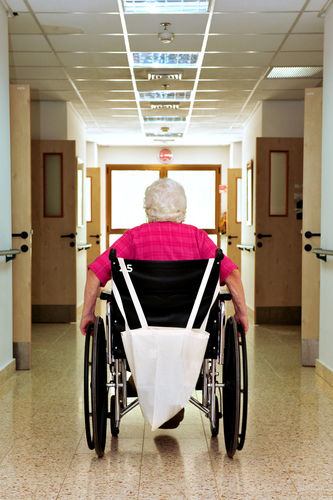The two California associations of oncologists are remaining firmly opposed to the End of Life Option Act, despite the announcement by the California Medical Association (CMA) that they’ve gone from opposing the state senate bill to holding a neutral stance.
The California State Senate Health Committee approved the physician assisted suicide bill on March 25 of this year. The bill also won approval by the Judiciary and Appropriations Committee in April, and now needs the support of the California Senate to become law.
On May 20, the Association of Northern California Oncologists and the Medical Oncology Association of Southern California responded to the CMA’s decision by saying that they are asking legislatures to oppose the measure, noting that as oncologists (doctors working with cancer patients) they would be most affected by the bill.
“For many practicing physicians, end of life issues are purely theoretical,” the associations said in a joint statement. “For oncologists, it is an everyday part of their practice to assist the patient in a comfortable death, as many forms of cancer are incurable.”
They noted that the bill was antithetical to their role as doctors, saying, “No amendments can change the fact that ‘an act that directly causes the patient’s death’ is contrary to the role of the physician.”
The statement added, “We feel that better palliative care efforts can improve end of life care when death is inevitable, without the guilt and ethical dilemma engendered by SB 128.”
The CMA is the first state medical association in the nation to change its position on physician-assisted suicide. An author of the bill, Sen. Lois Wolk (3rd District), congratulated the CMA on their decision, saying, “As the authors of SB 128, we are pleased to learn that the medical community is making a historic shift from a previous position on this issue.”
Sen. Wolk and Sen. Bill Monning (17th Senate District) proposed the bill earlier this year. The 14-page state senate bill is based on Oregon’s physician assisted suicide bill of 1997.
Dr. Luther F. Cobb, CMA president, said that his main concern was to protect the patient-physician relationship.
“CMA’s focus has historically been on improving end of life options and enhancing palliative care and hospice for patients who are terminally ill,” Cobb said. “Ultimately, however, it’s up to the patient and their physician to choose the course of treatment best suited for the situation — and CMA’s new position on physician aid in dying allows for that.”
He added, “As physicians, we want to provide the best care possible for our patients. However, despite the remarkable medical breakthroughs we’ve made and the world-class hospice or palliative care we can provide, it isn’t always enough.”
Historically, the CMA has been opposed to any form of physician-assisted suicide. In 1987, the CMA House of Delegates (HOD) directed the CMA to oppose the enactment of any law requiring a physician to provide medicine, technique, advice or referrals that would lead to a patient’s death.
In the 1990s, the CMA again condemned voluntary active euthanasia by physicians as unethical and unacceptable and opposed physician-assisted suicide clinics.
However, during that time, another resolution passed that required the CMA to remain open to the many views expressed by those in favor of physician-assisted suicide.
Throughout the bill’s progress through the legislature, CMA has worked closely with the authors of SB 128.
Ned Dolejsi, executive director of the California Catholic Conference, said in an earlier press release, “We understand and share the concern for the dying expressed at today’s hearing.” However, he said, “When someone asks for assistance in killing themselves, it is really a call for help, care and compassion during the dying process.”

